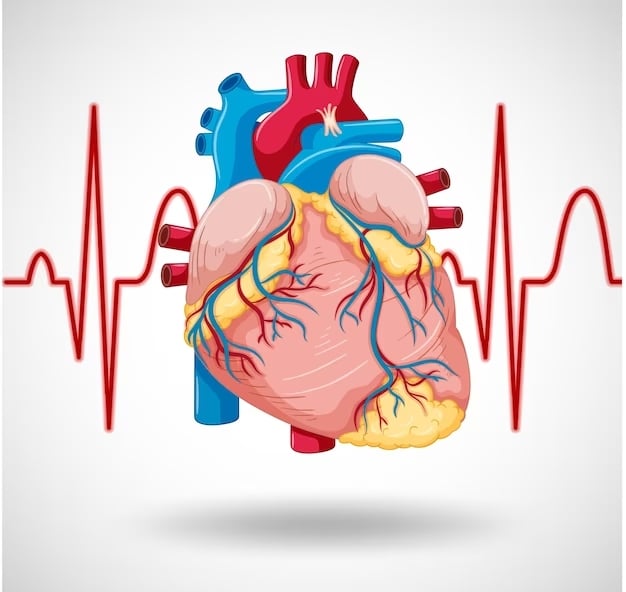Bypass Heart Surgery
Bypass heart surgery, also known as coronary artery bypass grafting (CABG), is a surgical procedure performed to improve blood flow to the heart muscle. It involves creating new pathways, or bypasses, for blood to flow around blocked or narrowed coronary arteries.

Bypass Heart Surgery: A Lifesaving Procedure
Introduction
Bypass heart surgery, also called coronary artery bypass graft (CABG) surgery, is a major medical procedure performed to remove blockages in the heart arteries. When the heart muscle does not receive enough blood and oxygen, the risk of a heart attack increases. This condition is called coronary artery disease (CAD). Bypass surgery can be a vital step in treating this condition, helping the heart to function properly.
Why is bypass surgery needed?
When plaque (a waxy substance) builds up in the heart arteries, it narrows the arteries and obstructs blood flow. This is called atherosclerosis. As a result, the heart does not receive enough oxygen and nutrients, increasing the risk of angina (chest pain) and heart attack. The main purpose of bypass heart surgery is to create a new route (bypass) around these blocked or narrowed parts so that blood can flow smoothly. Bypass heart surgery is a crucial procedure to improve blood flow to the heart by creating a new path for blood circulation
How is bypass surgery performed?
During bypass surgery, surgeons take a healthy blood vessel from another part of your body (such as from the leg, chest or arm) and connect it above and below the blocked arteries of the heart. This new grafted route provides the necessary blood flow to the heart, maintaining the heart’s functionality. The surgery usually takes between 3 to 6 hours and the patient is given anesthesia for this.
Post-surgery procedure
After bypass surgery, the patient is kept in the ICU for some time so that their condition can be monitored. During this time, their heart rate, blood pressure, and other vital signs are monitored. Usually the patient is discharged from the hospital in 1 to 2 weeks, but it may take a few months to fully recover. During this time it is necessary to follow the doctor’s advice and make necessary lifestyle changes.
Risks and Complications
Like every surgery, bypass heart surgery also has certain risks associated with it. These include infection, bleeding, stroke, and irregular heartbeat. However, these risks have been minimized due to modern technology and expertise. Nevertheless, the patient should discuss these risks with the doctor and prioritize regular checkups and care after the surgery.
Lifestyle Changes
After bypass surgery, it is extremely important to make lifestyle changes to maintain heart health. This includes consuming a healthy diet, regular exercise, quitting smoking and alcohol, and controlling stress. Apart from this, regular intake of medicines prescribed by the doctor and getting periodic medical checkups is also important. All these measures help in keeping the heart healthy and preventing any complications in the future.
Benefits of Bypass Surgery
After a successful bypass surgery, positive changes are seen in the patient’s lifestyle. There is improvement in angina symptoms, increased heart function, and reduced risk of heart attack. Along with this, patients can feel more active and healthier than before, which improves their quality of life.
Conclusion
Bypass heart surgery is a life-saving procedure that helps the heart function normally by removing blockages in the heart arteries. This surgery not only restores heart health but also improves the patient’s quality of life. However, it is important that patients make necessary lifestyle changes and receive regular medical care after surgery. By adopting a healthy lifestyle and following the doctor’s advice, patients can live a healthy and active life for a long time after bypass surgery.

